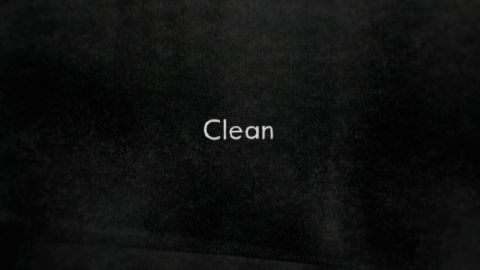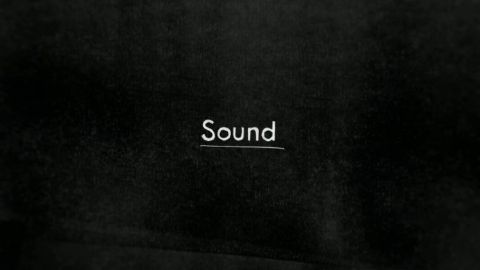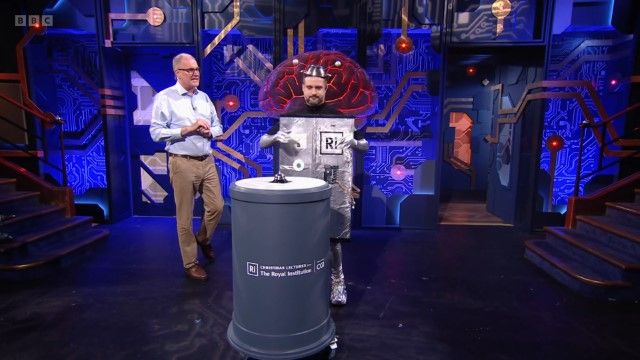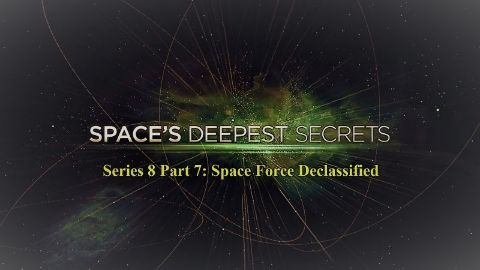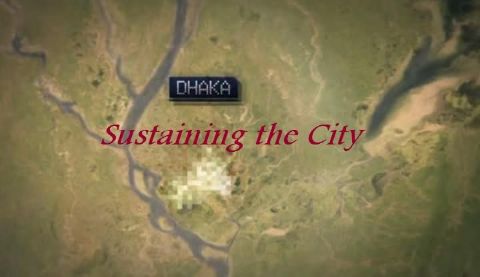Glass • 2014 • episode "S1E3" • How We Got to Now
Join Steven Johnson and consider how the invention of the mirror spurred on the Renaissance, how glass lenses allow us to reveal worlds within worlds and how, deep beneath the ocean, glass is essential to communication. Johnson learns about the daring exploits of glassmakers who were forced to work under threat of the death penalty, a physics teacher who liked to fire molten glass from a crossbow and a scientist whose tinkering with a glass lens allowed 600 million people to see a man set foot on the moon. The link between the worlds of art, science, astronomy, disease prevention and global communication starts with the little-known maverick innovators of glass.
Make a donation
Buy a brother a hot coffee? Or a cold beer?
Hope you're finding these documentaries fascinating and eye-opening. It's just me, working hard behind the scenes to bring you this enriching content.
Running and maintaining a website like this takes time and resources. That's why I'm reaching out to you. If you appreciate what I do and would like to support my efforts, would you consider "buying me a coffee"?
Donation addresses
BTC: bc1q8ldskxh4x9qnddhcrgcun8rtvddeldm2a07r2v
ETH: 0x5CCAAA1afc5c5D814129d99277dDb5A979672116
With your donation through , you can show your appreciation and help me keep this project going. Every contribution, no matter how small, makes a significant impact. It goes directly towards covering server costs.
